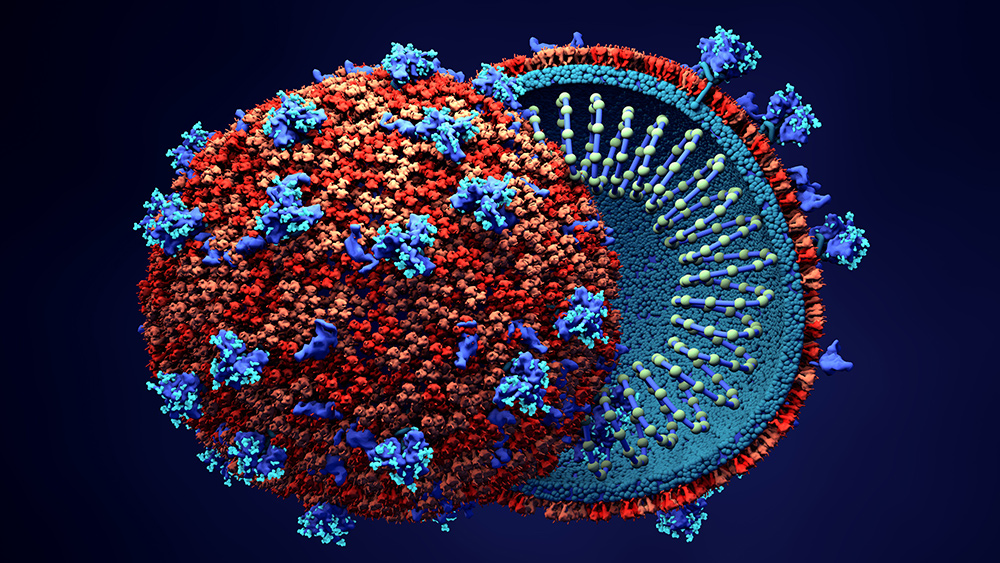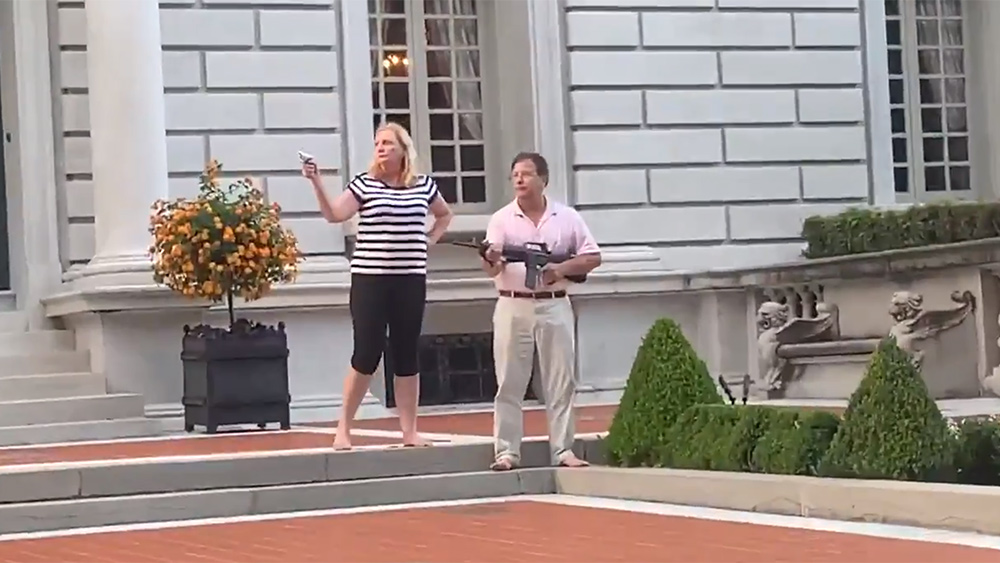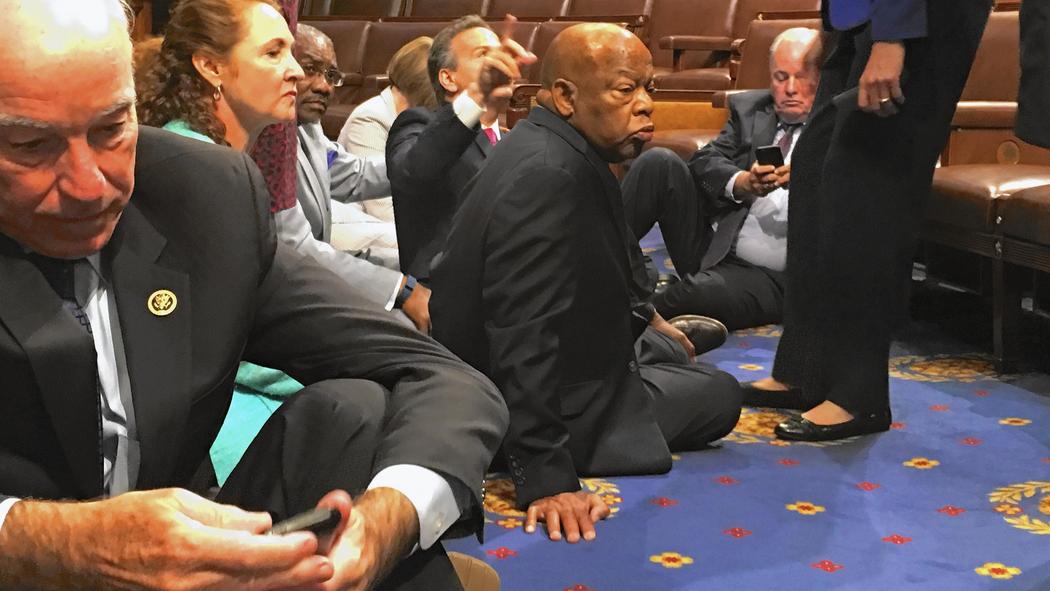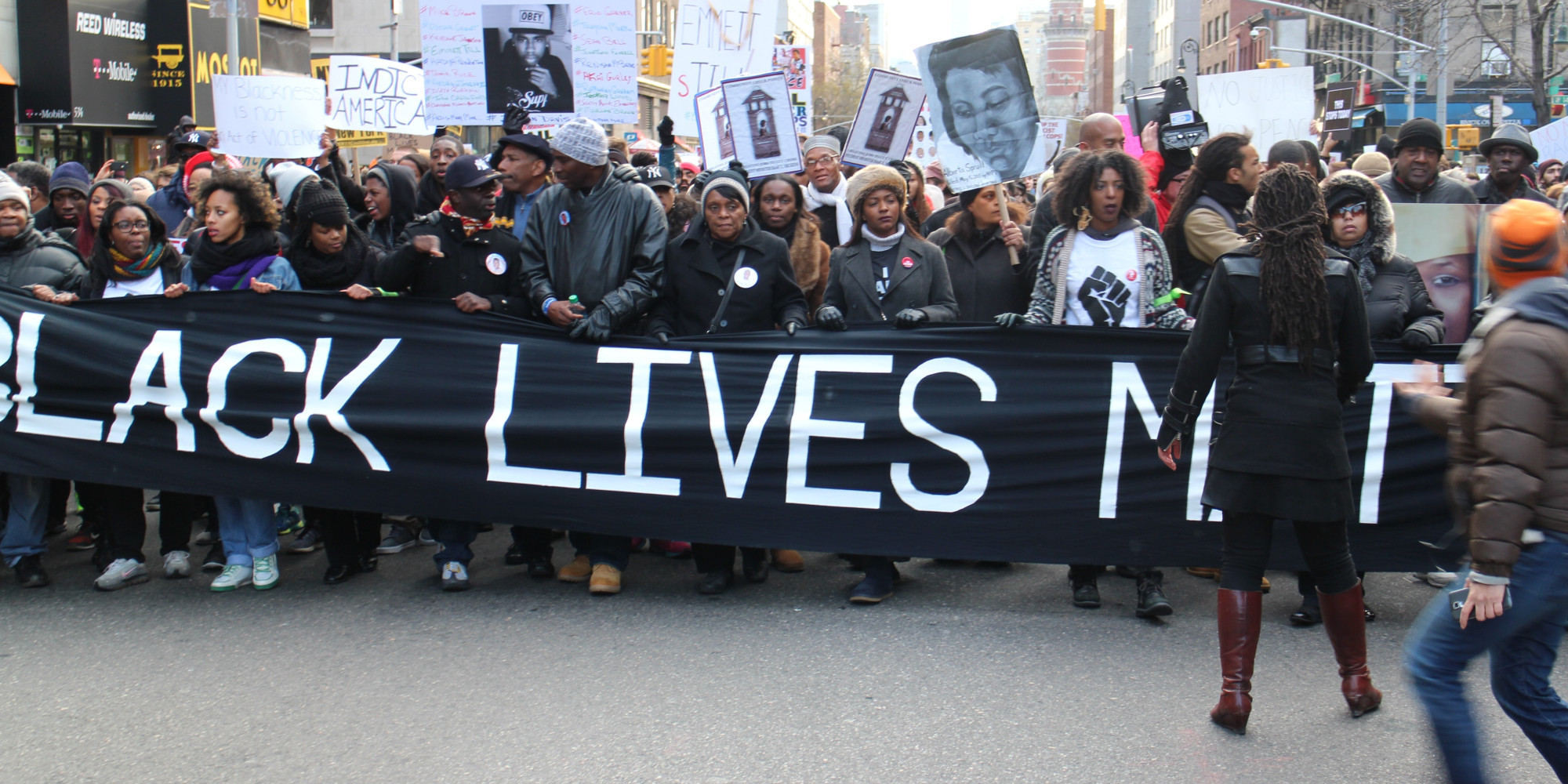Veteran criminal defense attorney argues George Floyd KILLED HIMSELF via fentanyl overdose, underlying heart condition
08/23/2020 / By Arsenio Toledo
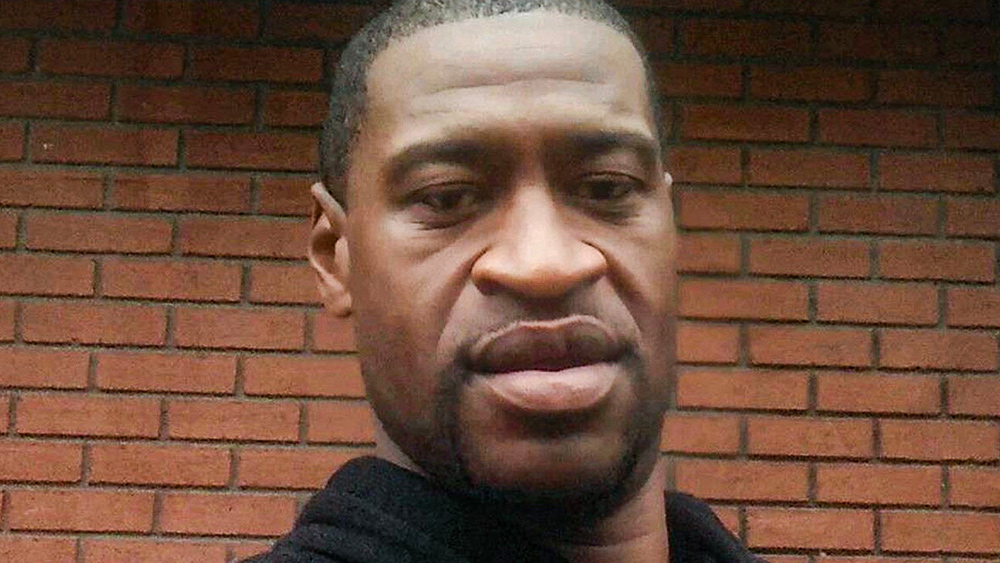
Earl Gray, criminal defense attorney for Minneapolis Police Department (MPD) officer Thomas Lane, one of the officers involved in the George Floyd incident, claims that his client and the other officers were simply doing their jobs at the time and that none of them killed him. In fact, Gray argues that, through a combination of an underlying medical condition and a drug overdose, the man that sparked a wave of engineered rioting and civil unrest across the country actually killed himself.
Lane, 37, is one of the three officers charged with aiding and abetting the death of George Floyd. The other two are J. Alexander Kueng and Tou Thao, while Derek Chauvin, the fourth MPD officer involved in the incident, has been charged with murder. All four officers were fired from the MPD after footage of the incident went viral and sparked outrage across Minnesota.
Lane and Kueng were responsible for holding down Floyd’s legs during his fatal arrest on May 25. Chauvin was the one who knelt on Floyd’s neck for nearly nine minutes, leading to the man’s death.
Gray is fighting to get the charge of aiding and abetting murder dropped from Lane, as he believes that there is not enough evidence to convict his client.
“None of these guys – even Chauvin – actually killed him. He killed himself.” Gray is arguing that Floyd died from an overdose of fentanyl, a powerful opioid, coupled with an underlying heart condition.
“We are going to show that my client and the other cops were doing their jobs.”
The lawyers for Chauvin, Kueng and Thao have all declined to comment on Gray’s remarks.
The death of George Floyd has led to a massive wave of engineered rioting and civil unrest in the country. Fortunately, there is a lot that can be learned from these recent events. Listen to this episode of the Health Ranger Report, a podcast by Mike Adams, the Health Ranger, to find out how people can be better prepared for the upcoming nationwide revolt by staying updated on the latest events regarding the rioting.
Legal proceedings underway to get charges against Lane and others dropped
On August 17, Gray filed a memorandum in court claiming that Floyd swallowed a “lethal dose” of fentanyl while he was resisting arrest. This will be the linchpin of Gray’s defense. He hopes to prove this by referencing the toxicology and autopsy reports as well as the released body camera footage from the four MPD officers present. This, Gray believes, can provide a fuller picture of the events surrounding Floyd’s death.
The body camera footage shows the disappearance of a conspicuous white spot on Floyd’s tongue, which Gray says looks like “two milligrams of fentanyl, a lethal dose.” Gray has also argued that Floyd has been struggling with addiction, which would make the fentanyl overdose a much more plausible story.
According to the memorandum, Gray is arguing that, during his arrest, Floyd intentionally ingested the 2 mg dose of fentanyl after Lane ordered him to put his hands up.
“All he had to do is sit in the police car, like every other defendant who is initially arrested,” wrote Gray in the filing. “While attempting to avoid his arrest, all by himself, Mr. Floyd overdosed on fentanyl.”
“Given his intoxication level, breathing would have been difficult, at best,” Gray continued in the memorandum. “Mr. Floyd’s intentional failure to obey commands, coupled with his overdosing, contributed to his own death.”
The Hennepin County Medical Examiner’s Office, which conducted the initial autopsy on George Floyd’s body, ruled his death to be a homicide, saying that his heart stopped when the officers restrained him and Chauvin put pressure on his neck. An independent autopsy concurred with these findings.
However, the medical examiner’s office also supported Gray’s argument when their report stated that they found signs of fentanyl intoxication in Floyd’s system. But they did not list this as the main cause of death, an error that Gray believes needs to be addressed.
George Floyd’s case not a “slam dunk” for prosecution
Legal experts are saying that Gray’s defense strategy may work. This is especially true given that juries are less likely to convict police officers.
“This is not a slam dunk for the prosecution and not an easy case, especially for the higher-degree homicide charges,” said Philip Stinson, a criminologist and former police officer who now studies police misconduct at Bowling Green State University in Ohio.
“If this case goes to trial and an officer testifies on his own behalf, it is possible there will be reasonable doubt for the jurors.”
Along with Gray’s argument that Floyd committed suicide via a fentanyl overdose, the attorney is also using Floyd’s criminal background, history of drug use and struggles with addiction. These, he argues, can help get his client’s charges dropped. (Related: George Floyd’s FENTANYL OVERDOSE – Multiple officer’s body cams reveal Floyd saying he was choking and couldn’t breathe before he ever hit the ground.)
Floyd was previously arrested by the MPD on May 2019 in Minneapolis. During a traffic stop, he had to be physically removed from his car. A thorough search of the vehicle revealed that Floyd was in possession of cocaine, rock cocaine and oxycodone. The court records concerning the incident do not state whether or not Floyd was charged during the arrest.
Gray is expected to argue for the dismissal of the charges against Lane during a court hearing scheduled for September 11.
Floyd’s aunt and uncle, Angela Harrelson and Selwyn Jones, told the Star Tribune that Gray’s memorandum was disappointing. They argue that Floyd’s struggles with drug addiction are not connected to his death.
“It’s a sign of desperation,” said Jones. “I want to know, when did police officers get their law degrees, when did they get voted into being judges and when do four people do the job of a jury?”
Floyd’s death caused a massive wave of engineered rioting to sweep through the nation. Learn about the latest criminal acts Antifa and Black Lives Matter are doing in his name in cities like Minneapolis, Seattle and Portland by reading the articles at Rioting.news.
Sources include:
Tagged Under: addiction, body cam, conspiracy, crime, criminals, Derek Chauvin, drug addiction, drug overdose, Earl Gray, Fact Check, Facts, faked, Fentanyl, George Floyd, heart condition, hoax, Minneapolis, Minneapolis Police Department, minnesota, MPD, real investigations, Thomas Lane, Tou Thao
RECENT NEWS & ARTICLES
COPYRIGHT © 2017 HONEST NEWS






